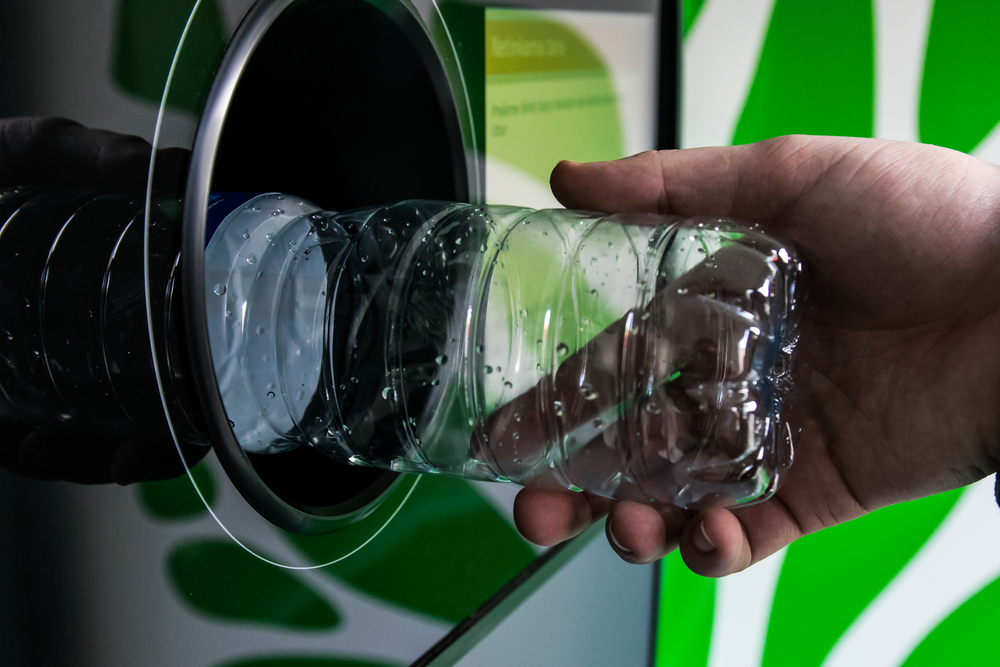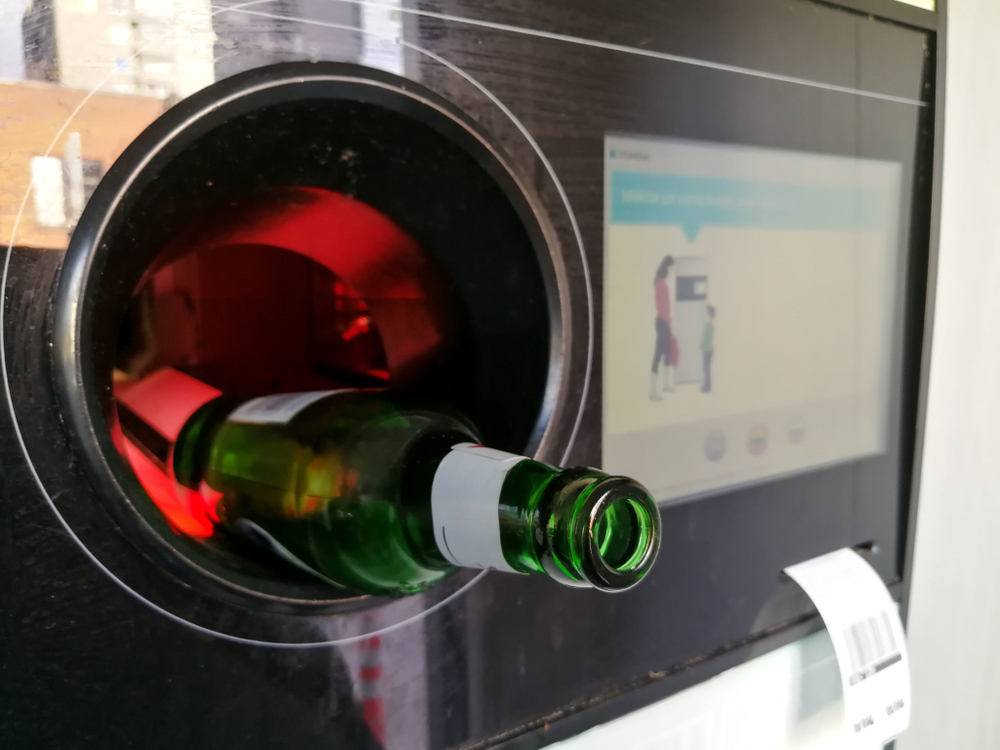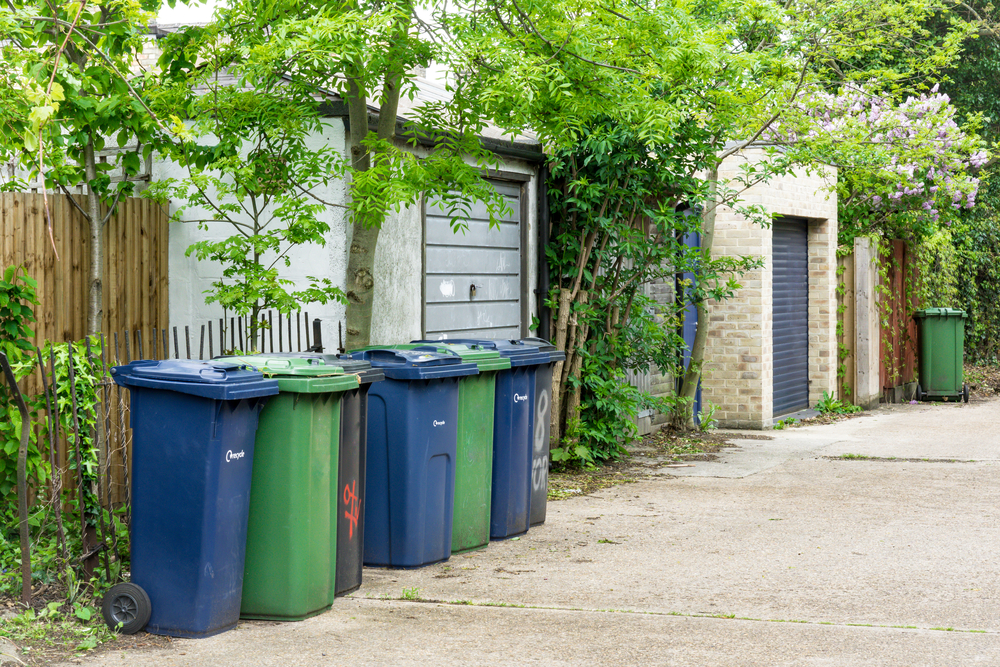With purdah now in place until after the local elections, it is thought the government will be unable to publish either response until 6 May at the earliest.
There are some references in relation to consistency and local authorities within the government’s newly published documents on extended producer responsibility (EPR) for packaging (see letsrecycle.com story).
There is also information on the DRS materials in scope for England, Wales, and Northern Ireland.
Whitehall sources say the EPR scheme will work “hand-in-hand” with Defra’s proposals for consistent recycling collections, with producers helping to fund local authority collections from households.
The source said: “This ensures that not only do we produce and use more sustainable packaging, but that more of it is captured and recycled from our homes and businesses, therefore creating a much more circular economy for our waste.”
In the impact assessment for EPR, Defra says payments to local authorities will take account of “equity and regional considerations” by looking at “rurality and level of deprivation and performance expectations”.
DRS
And, within the EPR response, Defra said: “It is important to clarify the materials in scope for DRS and hence not for EPR.”

England and Northern Ireland will not initially include glass in their DRS, while Wales will proceed with an all-in option which includes PET plastic, steel and aluminium cans, and glass bottles.
Northern Ireland will keep the inclusion of glass “under review”, Defra says.
The department says further information on the implementation timelines for the DRS and consistent recycling collections in England will be set out in the respective government responses.
Scope
According to the EPR consultation response, Defra, the Welsh Government, and Northern Ireland’s Department of Agriculture, Environment and Rural Affairs will implement an all-in DRS “in line with the views of most consultees”, though the materials included will vary between the devolved authorities.
Single-use drinks containers containing between 50ml and 3l of liquid will be in scope of the DRS for England, Wales, and Northern Ireland.
This will include containers sold both individually and as part of a multipack, which Defra says is “in line with the approach taken in Scotland”.
Glass
Defra says its consultation examined including PET bottles, steel and aluminium cans, and glass bottles in the DRS.

Some responses raised concerns over glass, Defra says, and “in particular” the way the material is collected in reverse vending machines, possibly being crushed and mixed, “ultimately resulting in poorer quality glass than is collected currently through kerbside recycling”.
Respondents also highlighted the potential increase in handling costs and “equipment complexity” that comes from collecting glass bottles in a DRS, Defra says.
Taking these concerns into consideration, Defra says, England and Northern Ireland will not include glass in their DRS.
EPR
Glass drinks bottles will be in scope of EPR, which will place targets on producers in relation to glass recycling and require them to pay for the cost of managing glass packaging generated by households.
Northern Ireland will keep the inclusion of glass “once the DRS is fully operational” under review to ensure glass drinks containers are meeting the required recycling targets.
Defra says that, in assessing the range of materials to be included in its DRS, the Welsh Government considered the impact of a DRS against the baseline recycling rate in Wales; consultation responses requesting the inclusion of “as wide a range of materials as possible”; advances in digital DRS technology solutions that could allow bottle deposit return via existing kerbside collection infrastructure; and “an overall better return rate” from the economic impact assessment with the inclusion of glass within the scheme in Wales.
After consideration, the Welsh Government decided to introduce a DRS which includes PET plastic, steel and aluminium cans, and glass bottles, Defra says.
PRNs
Having dropped its controversial proposals for business waste under EPR, Defra says it will introduce an “interim solution”.
Government recognises there is a risk, particularly for aluminium but also plastic, that DRS materials collected with EPR packaging could undermine the effective functioning of the PRN market
- Defra
This will be based around the current system, whereby packaging producers purchase PRNs and PERNs to demonstrate recycling obligations have been met for the packaging they have placed on the market, “but with a shift to a single point of compliance”.
In continuing the PRN system, Defra says, the government recognises there is a “risk”, particularly for aluminium but also plastic, that DRS materials collected with EPR packaging could “undermine the effective functioning of the PRN market”.
If reprocessors and exporters are not able to clearly and robustly exclude DRS containers that remain mixed with EPR material when issuing PRNs or PERNs, Defra says, “this could result in the oversupply of evidence, and therefore suppress PRN prices which in turn could lead to reduced necessary investment in domestic reprocessing.”
Defra says it will consult on the likelihood of this occurring and options to address it.
It will also require DRS-obligated producers to report the tonnage of DRS material they place on the market in 2023 to ensure data is available to monitor and address potential impacts on the PRN market.












Subscribe for free